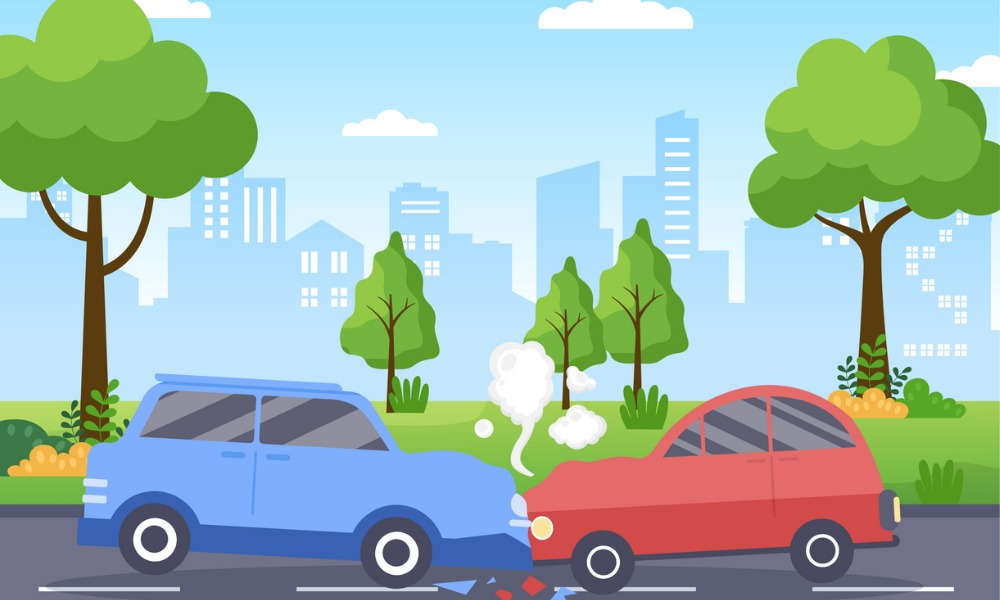
California caterer alleges work-related injuries due to motor vehicle accident

Under the commercial traveler rule, the court would consider a commercial traveler to be acting within the course of his employment during the entire period of his travel upon their employer’s business, a recent court ruling said.
3 Stonedeggs, Inc. – the defendant in the case of Nanez vs. 3 Stonedeggs, Inc.; Technology Insurance Company, adjusted by Amtrust North America – was in the business of preparing and serving meals to firefighters and forestry workers at remote locations.
The defendant employed the applicant as a caterer or food assembler or kitchen worker. It authorized the applicant to drive his own car from the Brownsville camp to his residence, then to Happy Camp, where the defendant would serve meals for a three-to-six-month period.
The applicant claimed workers’ compensation for injuries arising out of and in the course of employment (AOE/COE) in the form of a traumatic brain injury, fractured femur, and bruised lung due to a motor vehicle accident.
The workers’ compensation administrative law judge denied the applicant’s claim. The judge found that the applicant did not sustain injury AOE/COE, violated company policy when he left the worksite without permission, and materially deviated and completely departed from his employment at the time of injury.
The applicant asked for reconsideration. He argued that the commercial traveler rule applied to his accident because the evidence showed that he was doing an activity reasonably expected to be incident to his employment at the time of his injury.
A panel of the Workers’ Compensation Appeals Board of California rescinded the judge’s decision and returned the case to the trial level for further proceedings. The panel held that the commercial traveler rule was applicable to the applicant’s accident.
According to the panel, the applicant’s use of his own car during his off hours to drive from Happy Camp to Yreka was conduct that the defendant could reasonably expect as incidental to its requirement that he spend time away from home because the defendant:
The applicant’s travel was for comfort or leisure and was not a distinct departure from his employment since his travel happened during off hours between his morning and afternoon shifts, the panel added.
Next, the panel determined that the applicant sustained injury AOE/COE in the form of a fracture to his right femur but deferred the issues of whether he had injuries in the form of a traumatic brain injury and a bruised lung.
The panel noted that the judge’s decision did not address the issues of whether the applicant sustained a fracture to the right femur, a traumatic brain injury, or a bruised lung, even though the record clearly showed that he had a fracture to the right femur due to the accident.